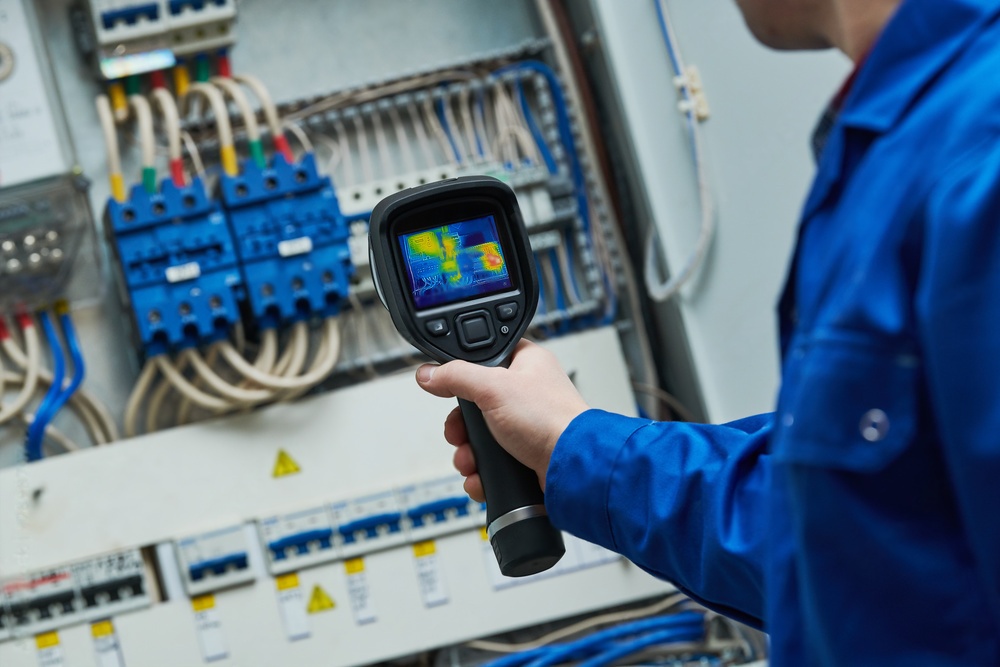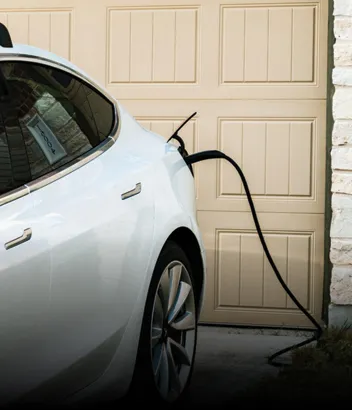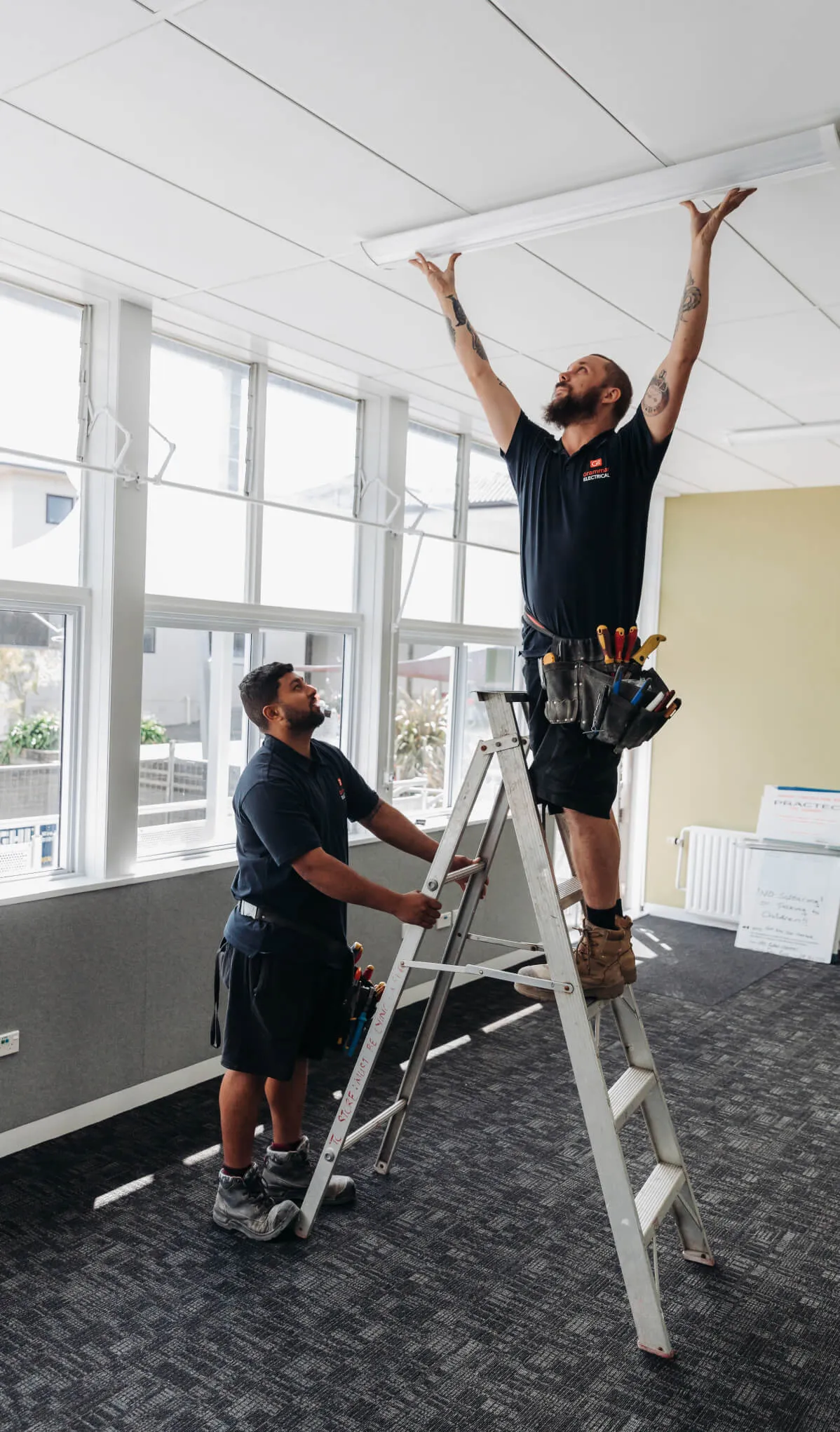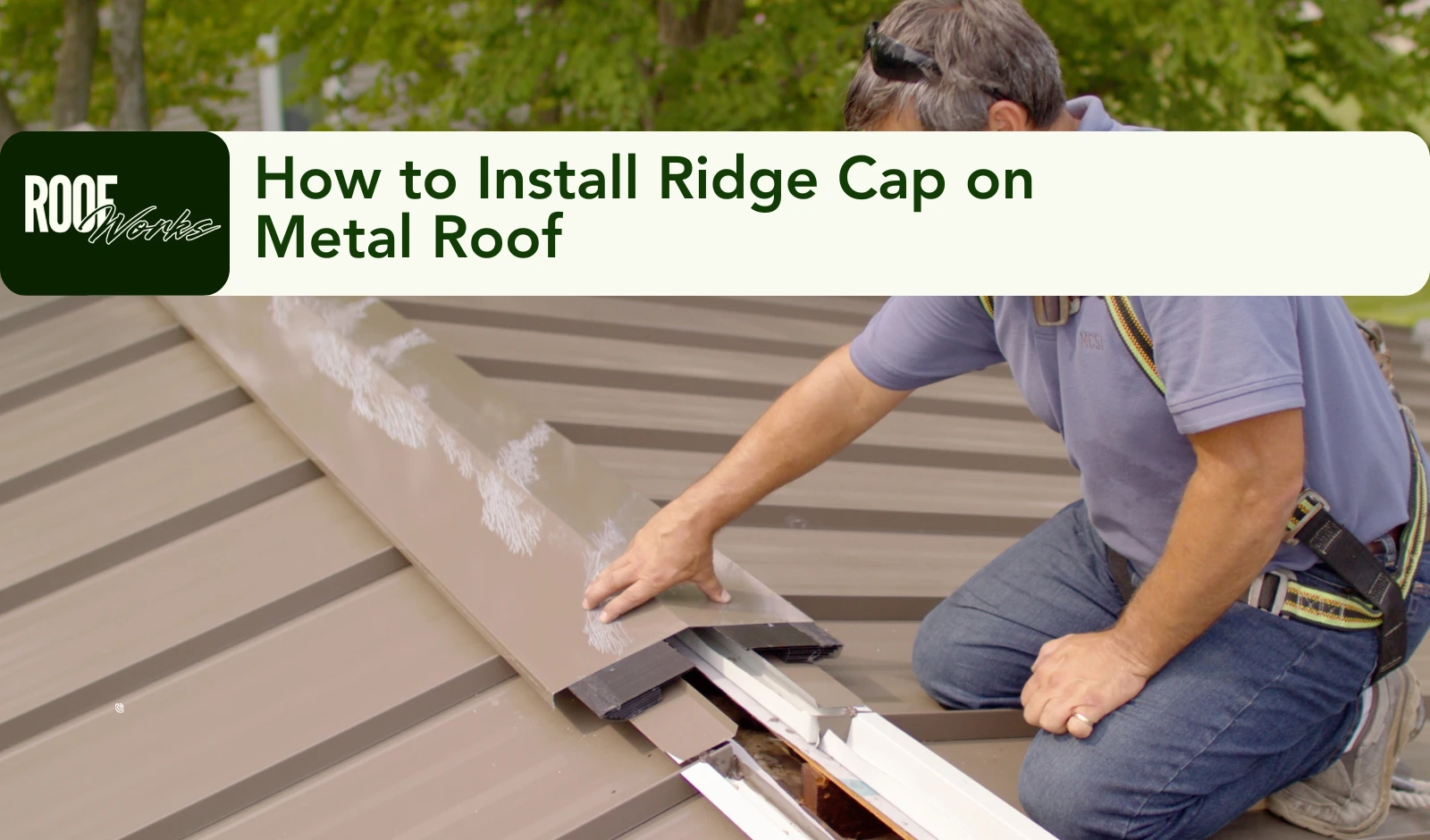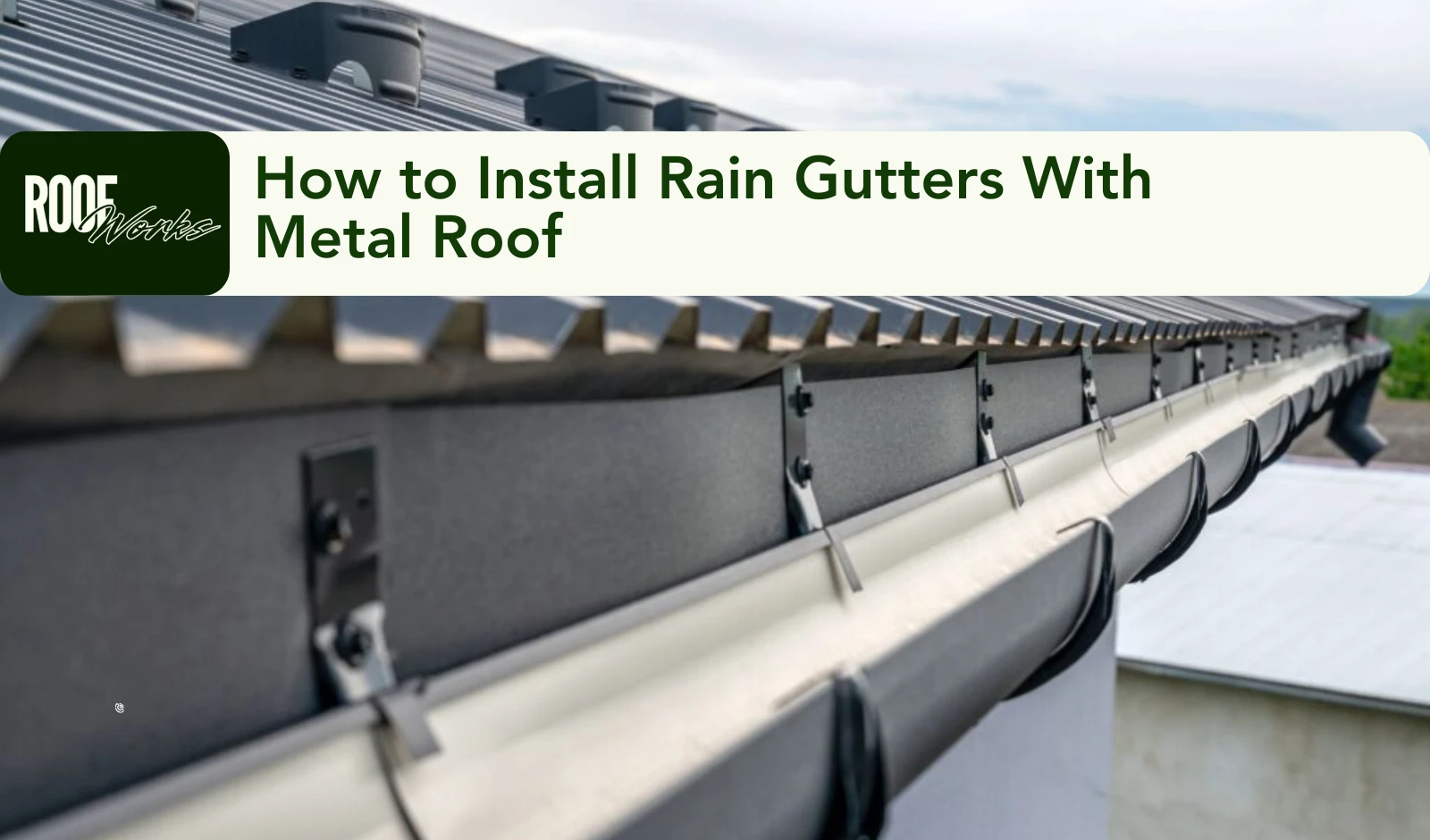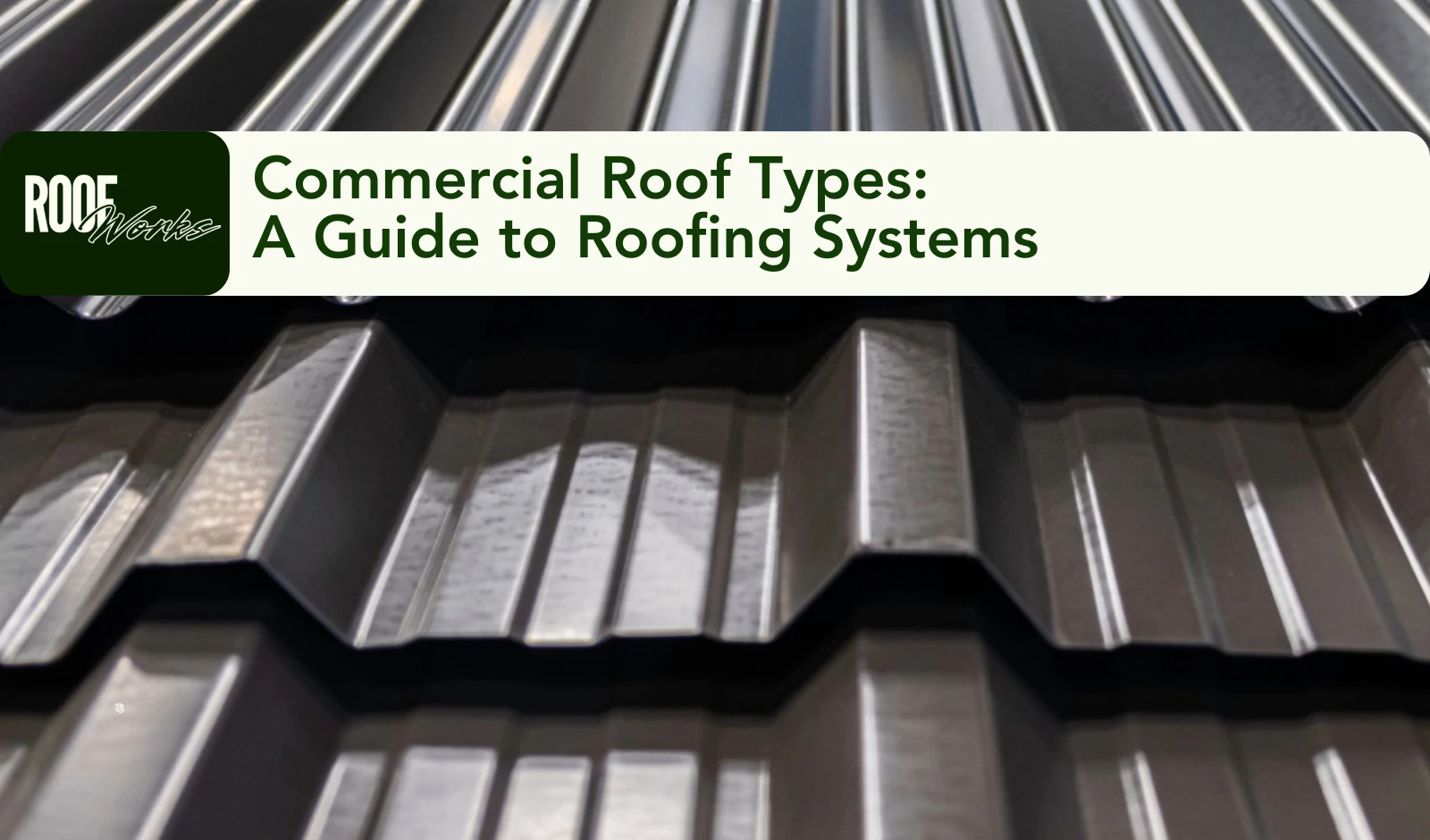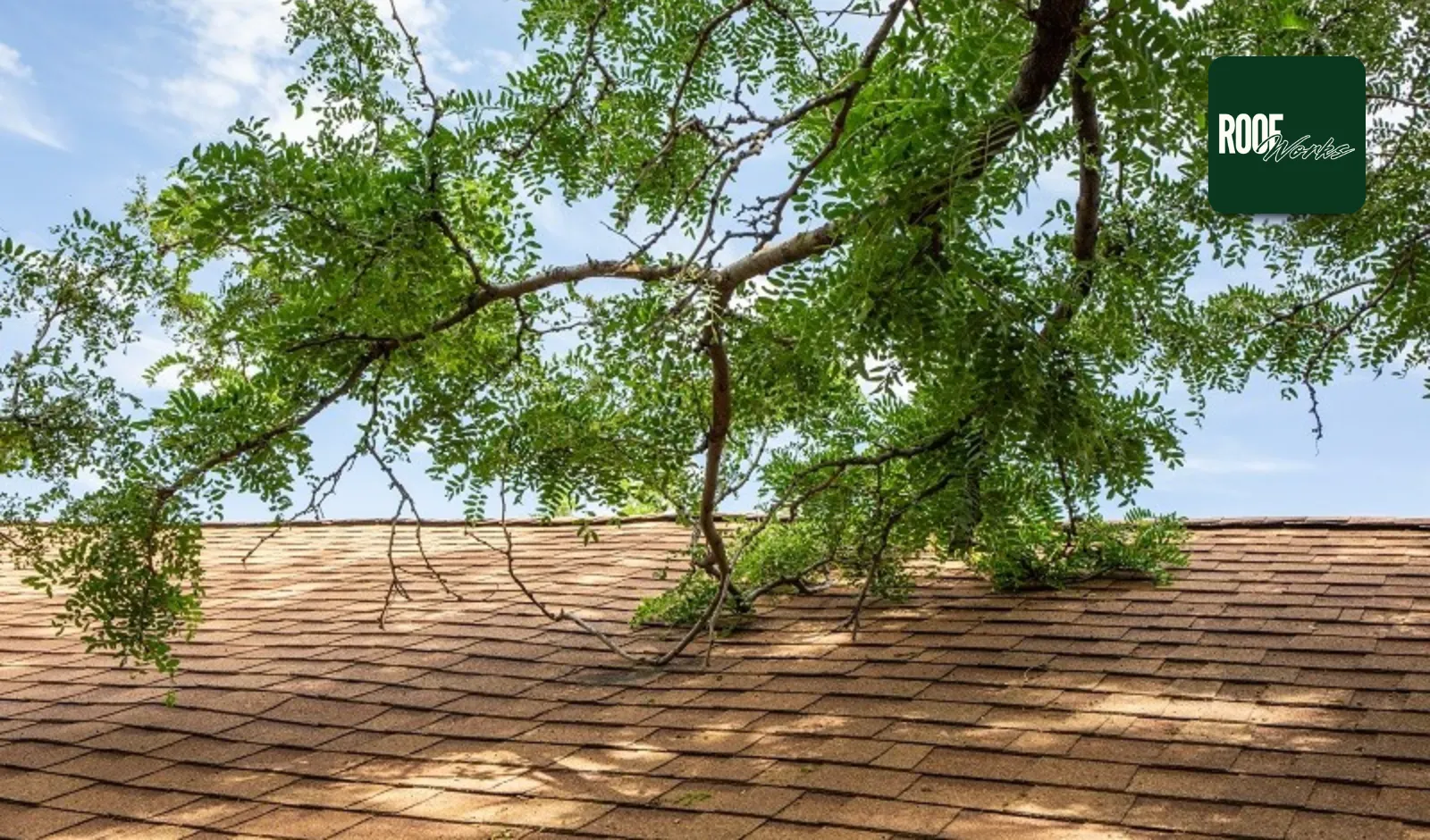

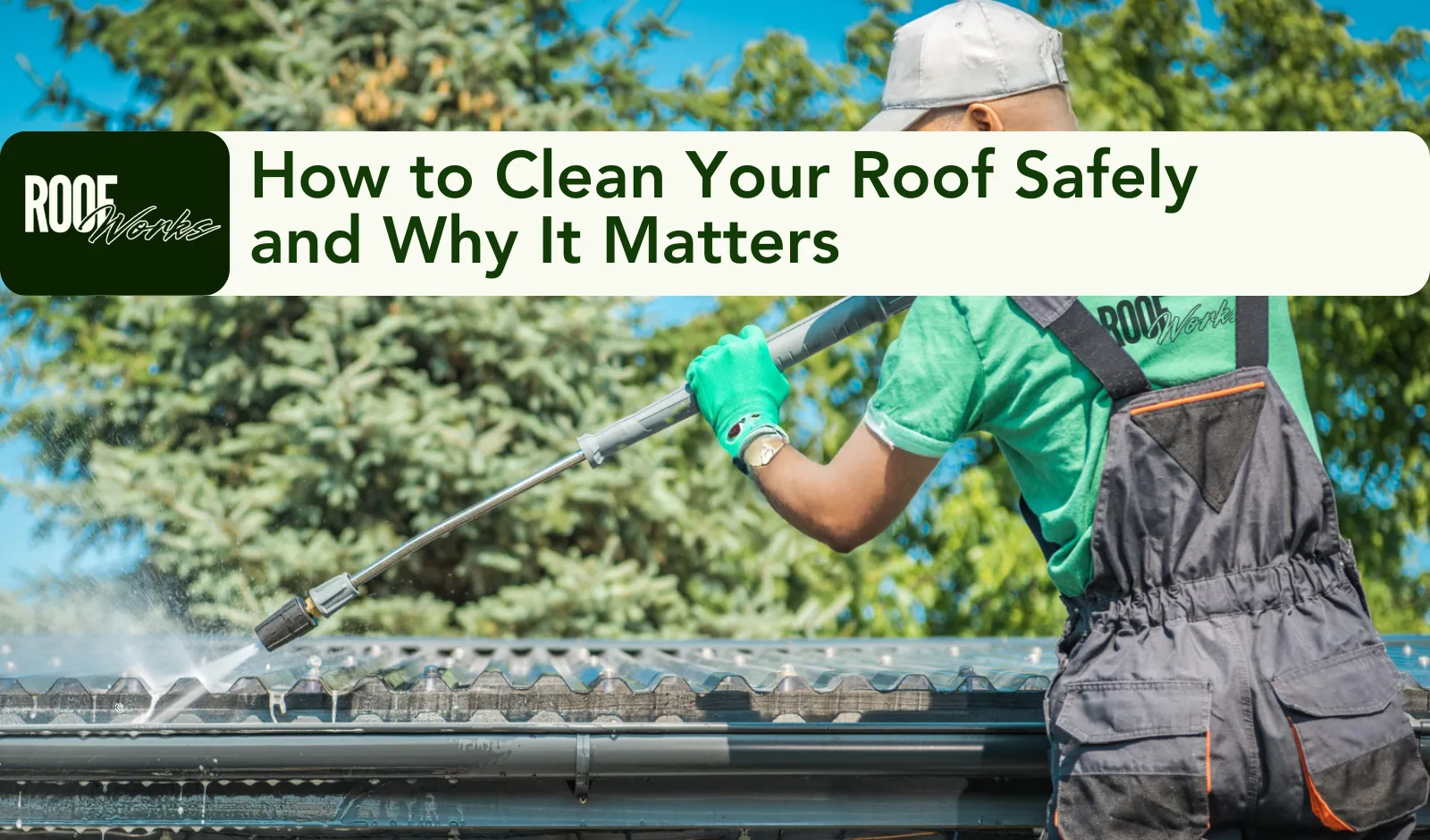
Your roof is one of the most important parts of your home, it protects you from the elements, adds curb appeal, and keeps your property warm and dry. But over time, dirt, debris, and organic growth like moss, algae, and lichen can build up on the roof surface. This not only makes your home look tired but can also cause serious long-term damage.
Many homeowners ask, “Should you clean your roof?” The short answer: yes, but it’s important to do it safely and correctly. In this guide, we’ll cover how to clean your roof the right way, what methods are safe for different roof materials, and why regular roof cleaning can save you from costly repairs down the line.
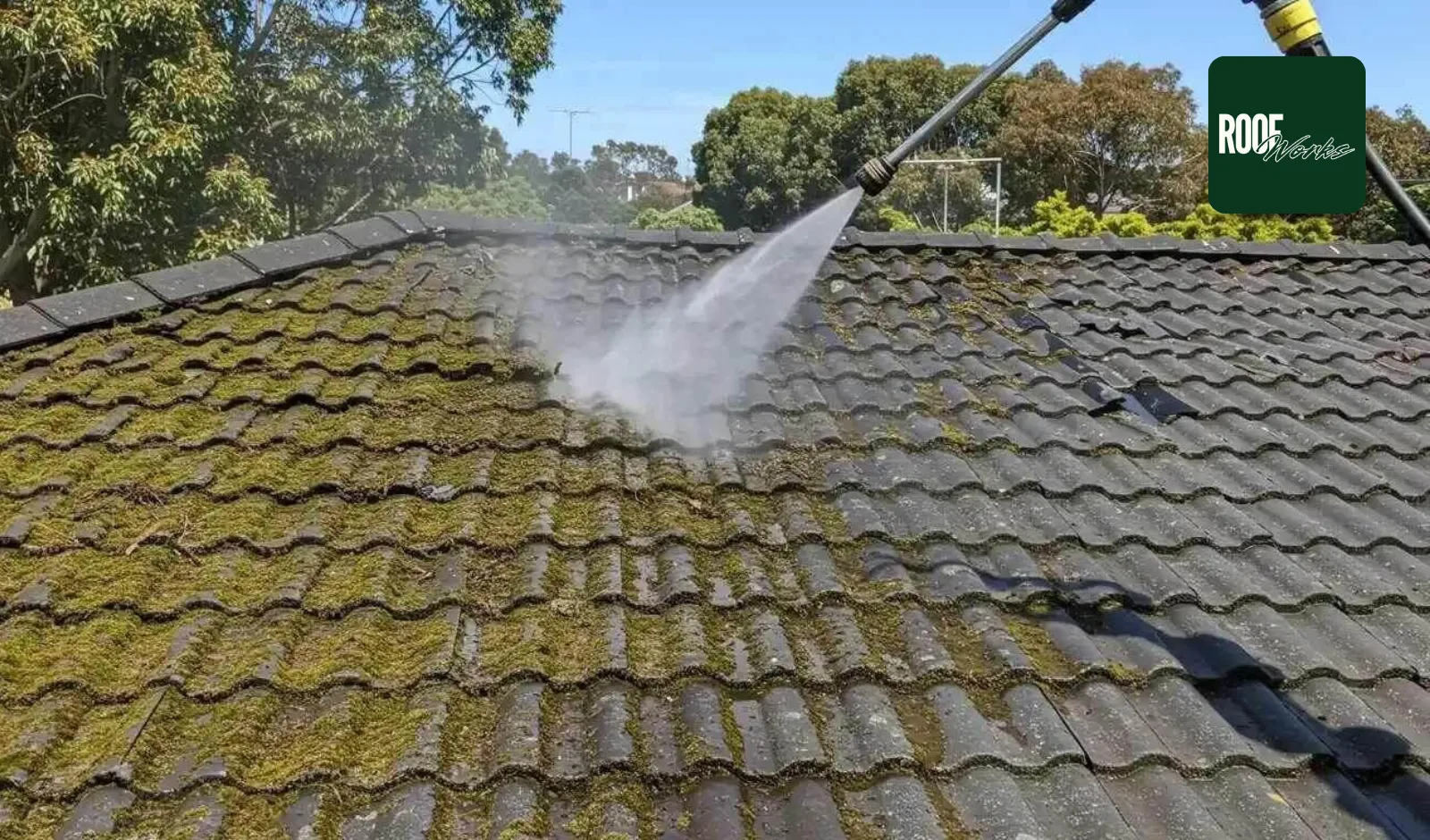
Why Roof Cleaning Matters
Your roof faces sun, rain, wind, and sometimes salt air every single day. Over time, this exposure allows moss, algae, and lichen to grow on the surface, especially in shaded or damp areas. These growths don’t just look bad; they hold moisture that can weaken your roof material and shorten its lifespan.
Regular roof cleaning and roof moss removal do more than make your home look better. They help maintain your roof’s performance and durability. By removing moss and lichen early, you prevent water from seeping under roof tiles or into joins on metal roofs. This helps reduce the risk of leaks, mould growth, and expensive repairs in the future.
Clean roofs also improve energy efficiency by reflecting sunlight properly and prevent the build-up of grime that can cause corrosion. In short, cleaning your roof regularly ensures your roof stays strong, safe, and attractive for the long term.
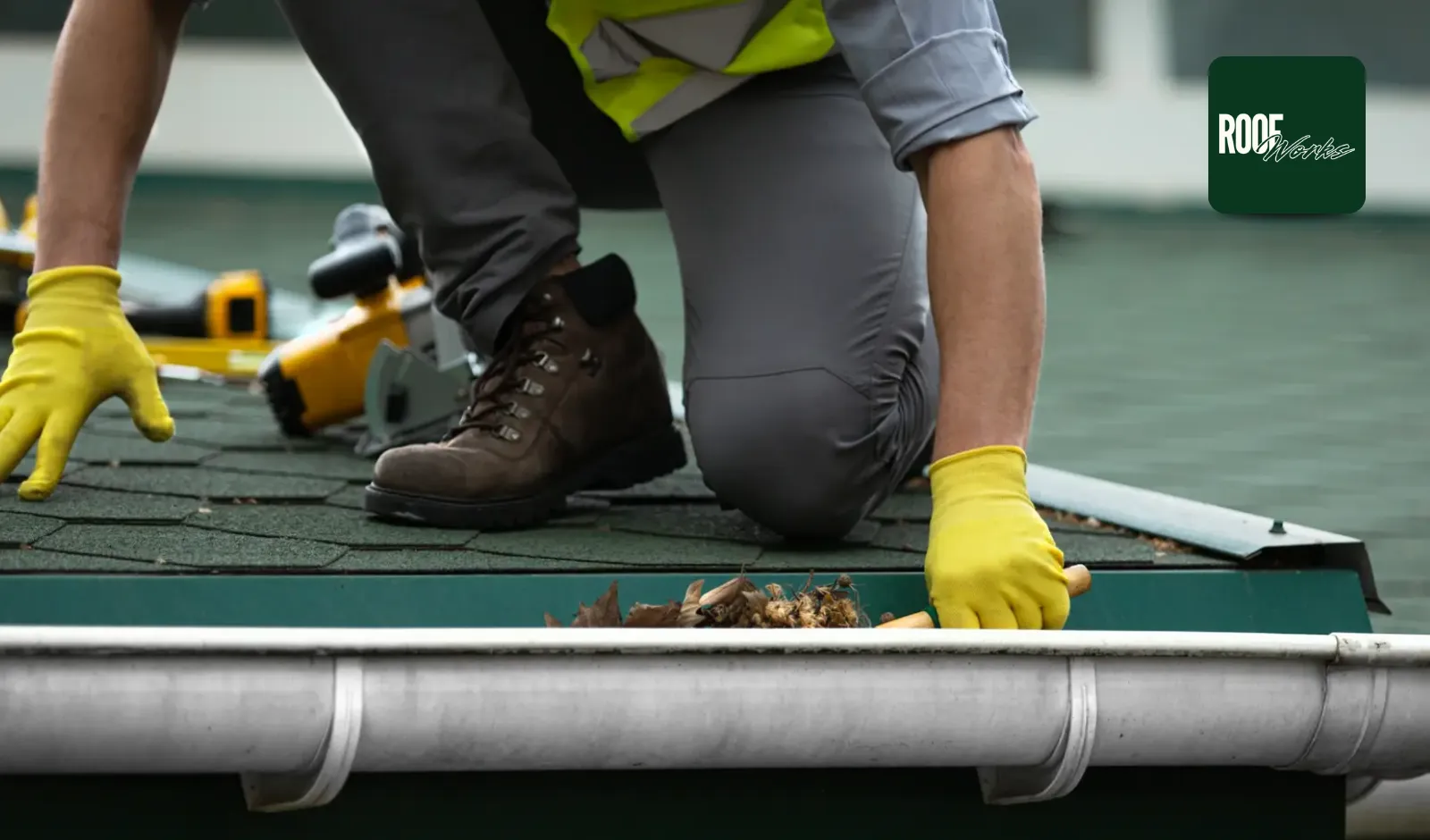
How to Clean Your Roof Safely
Before cleaning, it’s important to know that roofs are slippery, especially when wet. Working at heights without proper equipment is dangerous, so if you’re unsure, it’s best to call a professional roof cleaning service.
For homeowners who want to understand the process, here’s how professionals safely perform a roof wash:
Inspection:
Roofers start with a full roof inspection to identify moss, mould, and lichen growth, as well as any cracks, loose roof tiles, or rust spots on metal roofs.
Preparation:
Surrounding areas, like gardens and driveways, are covered to protect them from cleaning solutions. Gutters are cleared to allow proper water flow.
Soft Washing Method:
Instead of using harsh, high-pressure water, professionals often use soft washing, a low-pressure technique combined with eco-friendly cleaning solutions. This method gently removes moss and algae without damaging the roof surface or stripping away protective coatings.
Treatment Application:
The team applies a roof treatment that kills moss, mould, and lichen spores down to the roots. These cleaning solutions are designed to keep your roof clean for up to 12 months or longer.
Rinsing and Aftercare:
Once the cleaning solution has worked its magic, the roof is rinsed with water and checked for any signs of damage.
These cleaning methods are safe for most types of roof material, from concrete and clay roof tiles to metal roofs and long run steel.
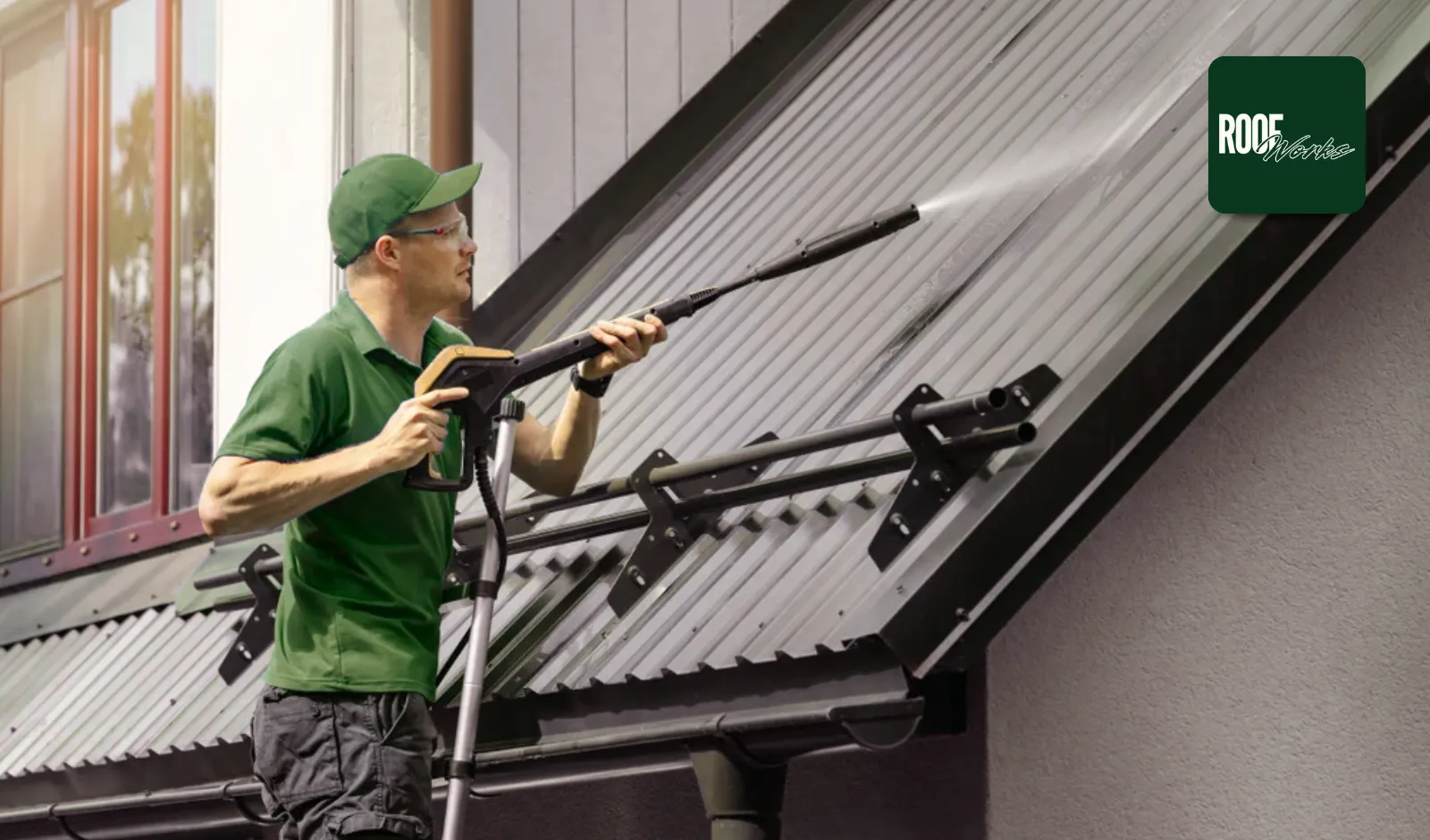
Common Roof Cleaning Mistakes to Avoid
While it might be tempting to grab a hose and start spraying, some DIY roof cleaning attempts can do more harm than good. Here’s what to avoid:
- High-pressure washing: This can strip away protective coatings, especially on roof tiles and metal roofing, causing leaks and corrosion.
- Harsh chemicals: Non-eco-friendly cleaners can damage plants, gutters, and the roof itself.
- Walking on the roof: Roofs can be fragile; stepping on the wrong spot may cause cracks or loosen tiles.
- Ignoring the gutters: Clogged gutters prevent proper drainage, allowing water to pool and cause damage over time.
Using professional cleaning methods and eco-friendly solutions ensures your roof stays protected and your property remains safe.
How Often Should You Clean Your Roof?
Most experts recommend regular roof cleaning once every 12 to 18 months, depending on your home’s location and surrounding environment.
If your property is near trees or the coast, you might need more frequent cleaning to prevent moss and salt build-up.
Signs your roof needs cleaning:
- Green or black streaks across the roof surface.
- Patches of moss and lichen growth.
- Blocked gutters or downpipes.
- Reduced water flow during rain.
By scheduling regular roof cleaning, you can maintain your roof’s strength and appearance while avoiding costly repairs later.
Why You Shouldn’t DIY Roof Cleaning
While cleaning your roof may sound simple, it’s one of those jobs best left to professionals. Here’s why:
- Safety risks: Working at heights is dangerous without proper harnesses and gear.
- Incorrect products: Using the wrong cleaning solutions can cause discolouration or damage.
- Roof warranties: Many warranties are voided if the roof isn’t maintained by qualified professionals.
- Hidden damage: Moss or lichen can hide small cracks that only a trained eye can spot during a professional inspection.
Professional cleaning ensures your roof gets the right treatment, the right way, safely, effectively, and built to last.

Maintaining Your Roof After Cleaning
Once your roof has been cleaned, regular upkeep helps prevent growth from returning. Here’s how to maintain your roof year-round:
- Trim overhanging branches to reduce shade and moisture.
- Clear gutters and downpipes every few months.
- Schedule an annual roof inspection to catch early signs of wear or water damage.
- Reapply protective coatings or treatments every 12 months for long-term protection.
With a little preventive care, your roof will stay clean and strong, protecting your home for decades.
Trust the Experts for Roof Cleaning in Auckland
At Roof Works, we make roof maintenance easy for homeowners across Auckland. With years of experience handling all roof types, from metal roofs to roof tiles, we deliver safe, eco-friendly cleaning solutions that restore your roof’s appearance and performance.
Here’s why property owners trust us:
- We use soft washing and eco-friendly treatments that remove moss, mould, and lichen safely.
- Our high-quality cleaning methods help maintain your roof and improve your home’s curb appeal.
- Our licensed experts use protective coatings to prevent future growth and extend your roof’s lifespan.
- We help prevent costly repairs by keeping your roof in excellent condition.
Call us today or book online today to save $15 on your next roof wash with Roof Works. Keep your home clean, strong, and looking great for the long term.
Got a question?
Contact us for a FREE installation quote or book your job online today.
Same Day Service Guarantee - Terms & Conditions

The "Same Day Service Guarantee or it's Free" applies to:
a. Residential work and Commercial only.
b. Jobs specified as needing same day service when booking a job by phone or online.
c. Residential and Commercial work booked with Grammar Electrical:
i) Before 11:00AM
ii) For calls or online bookings received after 11:00AM, the customer will be offered a job. Booking for the next business day and normal callout fees ($170+ GST) will apply.
iii) Any other jobs booked outside business hours (9:00AM - 5:00PM Monday- Friday) will incur after hours charges.
iv) This offer is excluded for jobs booked on New Zealand public holidays.
d. If Grammar Electrical are unable to attend on the same day (within 24 hours) for a job booked by the customer, the standard callout fee of $170 + GST will be waived and is free, but all other normal charges, fees and expenses will apply to perform the Electrical Services and to provide any products/materials concerning those services.
e. The Standard Callout Fee will be deducted from your bill as long as you pay within your invoice's due date. The callout charge is applicable if your invoice is overdue.
f. If Grammar Electrical are willing and able to perform the Service or provide the Goods on the same day the job is booked, however the Customer for whatever reason does not give access to their property on the day, Grammar Electrical will be deemed to have complied with it's "Same Day or it's Free" guarantee and shall be entitled to charge the customer the standard call-out fee.
g. This offer is not a guarantee of work being completed. The completion of the job will depend on stock availability and also the amount of work required.


.webp)
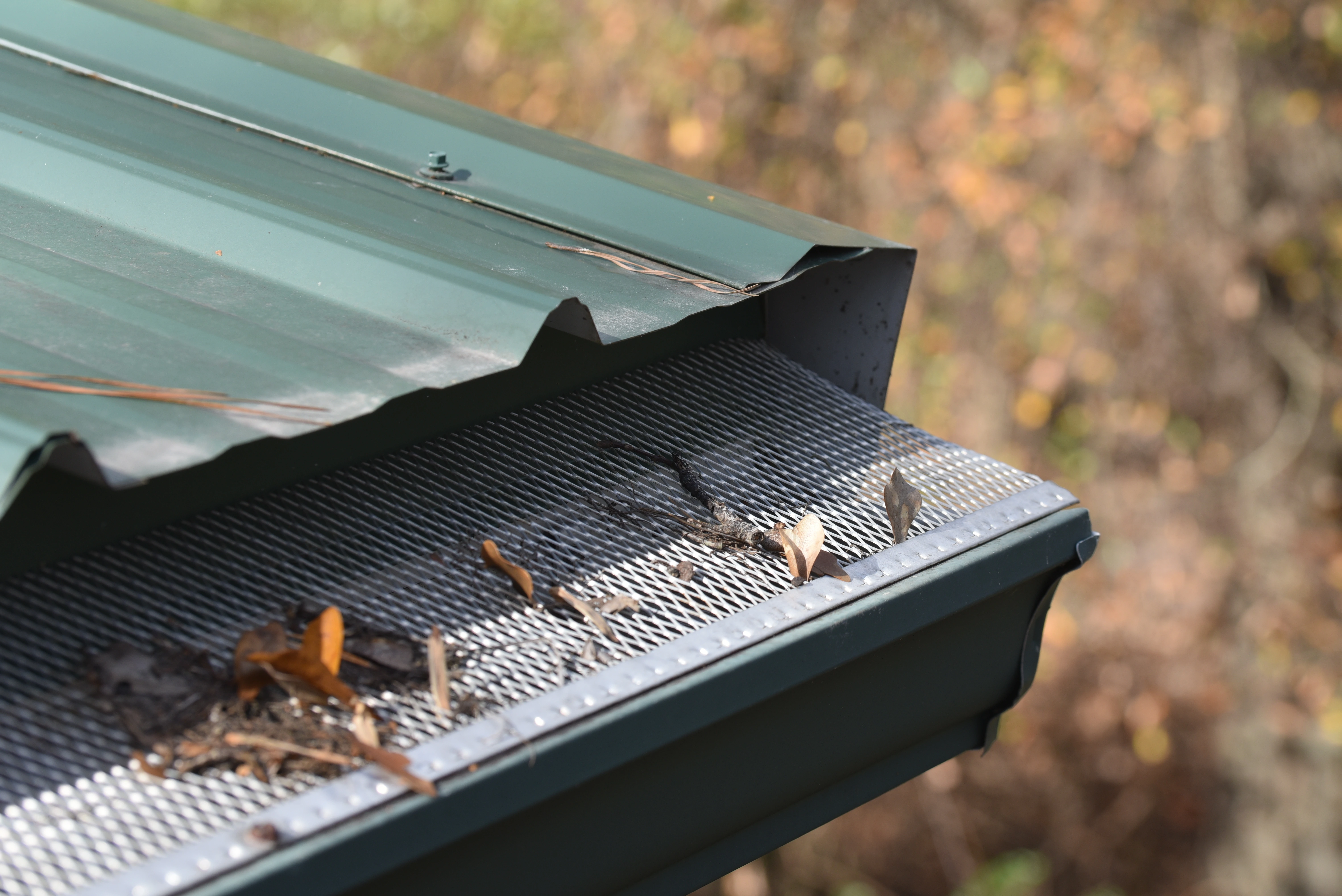
.webp)
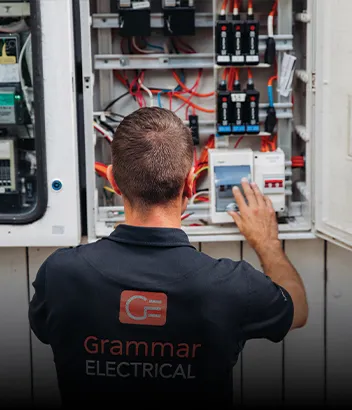
.webp)
